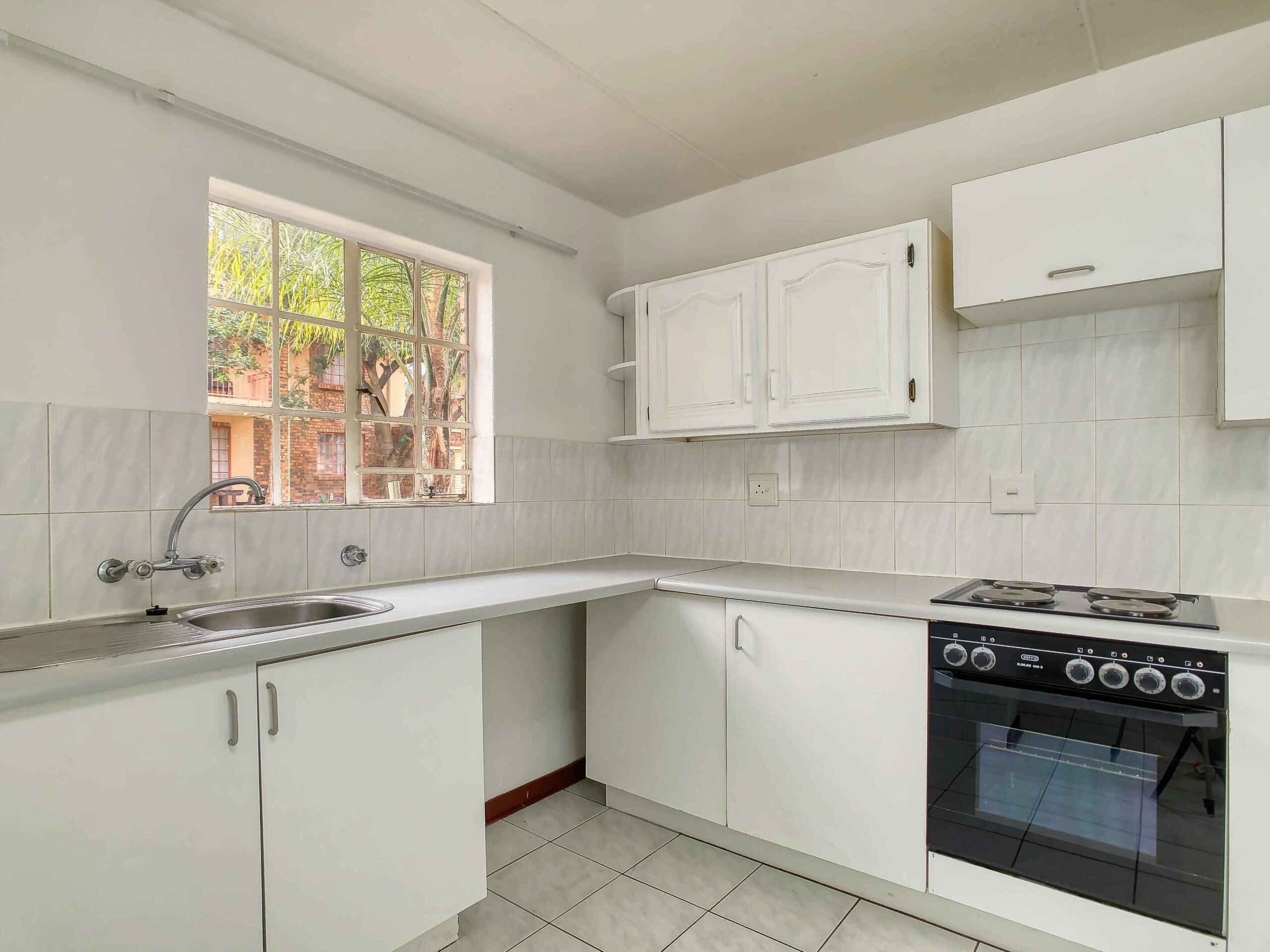
Surviving a kitchen remodel involves setting up a temporary kitchen near a water source, organizing essentials in labeled bins, and stocking up on disposable items. During demolition, declutter, label, and establish clear zones for materials. Coping with limited access requires a separate kitchen setup, meal planning, and good communication with contractors. For the best kitchen renovation tips, manage stress by setting realistic expectations, practicing self-care, and seeking support. Remember, strategic planning, adaptability, and a positive mindset are essential. Mastering these steps will help you navigate the challenges effectively.
Planning Your Temporary Kitchen Setup
When preparing for a kitchen remodel, it is vital to carefully plan your temporary kitchen setup to guarantee functionality and efficiency throughout the renovation process. Start by designating a space in your home, preferably close to a water source, where you can set up essential appliances like a microwave, toaster oven, and refrigerator. Consider creating a makeshift countertop using a sturdy table or portable island to provide a workspace for meal preparation.
Organize your temporary kitchen essentials in plastic bins or boxes, clearly labeling each item for easy access. Stock up on disposable plates, cups, and utensils to minimize dishwashing and make mealtime more convenient. Moreover, invest in a compact dish drying rack and dish soap for easy cleanup.
Plan simple and versatile meals that require minimal cooking equipment to ensure smooth operations. Consider using a slow cooker, electric skillet, or instant pot to prepare various dishes with limited resources. By thoughtfully organizing your temporary kitchen setup, you can navigate your kitchen remodel with ease and efficiency.
Staying Organized During Demolition Phase
The masticable organization is essential to maintaining efficiency and safety during the demolition phase of your kitchen remodel. Start by decluttering the kitchen area and removing all items that could hinder the demolition process. Label and pack these items carefully to guarantee everything is recovered during construction chaos. Create a designated storage space for these packed items to avoid harm’s way.
Next, clear zones for the disposal of different materials during demolition should be established. To streamline the cleanup process and minimize environmental impact, separate containers should be established for recyclables, hazardous materials, and general waste. These containers should be marked to avoid confusion and ensure everything is disposed of correctly.
Keep a detailed timeline of the demolition phase, noting key milestones and deadlines. This will help you stay on track and anticipate any delays or issues that may arise. By staying organized and proactive during the demolition phase, you can guarantee a smoother progression into the following stages of your kitchen remodel.
Coping Strategies for Limited Access
During a kitchen remodel, encountering limited access can present challenges that require strategic coping strategies to maintain progress and efficiency. One effective coping strategy is to set up a temporary kitchen in another part of the house. This can include using a microwave, slow cooker, or portable induction cooktop to prepare simple meals. Furthermore, consolidating essential kitchen items and storing them in easily accessible containers can help minimize the inconvenience of limited access. Planning and preparing meals in advance can also save time and reduce stress during renovation. Another tip is to communicate regularly with the contractors to coordinate access times to the kitchen space, ensuring that work can progress smoothly.
Additionally, maintaining a positive attitude and focusing on the result can help homeowners navigate the challenges of limited access during a kitchen remodel. By implementing these coping strategies, individuals can effectively manage limited access constraints and maintain a sense of normalcy throughout the renovation.
Managing Stress and Expectations
Managing the complexities of a kitchen remodel requires a structured approach to managing stress levels and setting realistic expectations for the renovation process. It is essential to acknowledge that a kitchen remodel can disrupt your daily routine, causing stress and inconvenience. To mitigate this, communicate openly with your contractor to understand the project timeline, potential delays, and any possible obstacles. Setting realistic expectations involves recognizing that unexpected issues may surface during the renovation, leading to adjustments in the timeline or budget. Prepare yourself mentally for these possibilities to reduce stress levels during the remodel.
Practical steps to manage stress include setting up a temporary kitchen in another area of your home, maintaining open communication with the renovation team, and establishing a clear plan for handling any challenges that may arise. Moreover, self-care techniques such as taking breaks, staying organized, and seeking support from friends and family can help alleviate stress throughout the remodeling process. You can navigate a kitchen remodel with greater ease and confidence by proactively managing stress and setting realistic expectations.
